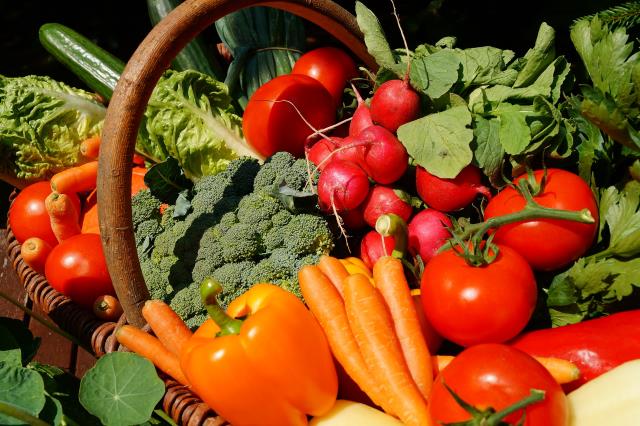
More and more Australians are adopting vegetarian and plant-based diets, with many choosing to cut their intake of meat, fish, dairy, and eggs to improve their health.
Though making these changes can be beneficial for your health, a doctor warns that it could lead to poorer health outcomes if not done correctly.
Dr Andrew Thompson is a registered doctor at InstantScripts – an award-winning Aussie online prescription and telehealth service, which has helped more than 400,000 Australians access health services.
Despite the rising popularity of plant-based and vegetarian diets, Australia’s population continues to struggle with obesity. While 32 percent of Aussies are considered to be overweight, 28 percent are classified as obese.
“Vegans and vegetarians can be at a higher risk of developing anemia, while low omega-three fatty acid intake can lead to numerous serious health conditions, including heart problems, fatigue, poor memory, and even mental health issues, such as depression,” explains Dr Thompson.
Discover Dr Thompson’s five most common mistakes when switching to a plant-based diet:
1. Failing to seek regular blood nutrition tests. A plant-based diet requires extra care to ensure individuals are getting all the right vitamins and minerals they need to stay happy and healthy.
2. Eating processed animal product substitutes. Plant-based meat and alternative by-products are marketed as a healthier substitute to their original counterparts. Any diet high in processed foods and low in whole foods, such as vegetables and fruits, is considered unhealthy and low in nutrients.
3. Loading up on vegan junk food. The idea of a vegan diet that comprises grains, vegetables, fruits, legumes, nuts, seeds, and vegetable fats and oils is not always sustainable or realistic. Sometimes a naturally vegan junk food is the easiest readily available snack, and it is important for Australians to be wary of loading up on these foods as a key component of their diet.
4. Cutting out key nutrients without replacing them. Vegan diets can be associated with low levels of zinc, calcium, potassium, and vitamin B2 and D. Regularly consuming foods that are rich in these vitamins and minerals such as beetroot, leafy greens, sweet potatoes, avocados and mushrooms are important to maintaining good health.
5. Eating the wrong portion sizes. Transitioning to an entirely new diet can cause confusion over what portion sizes a person needs to stay full. There are several calculators available online that can calculate an individual’s ideal portion sizes based on their height and weight.
It is always important to weigh up the pros and cons of making such a significant change to your diet. Consider making an appointment with your GP to discuss the transition to a vegetarian or vegan-based diet.






